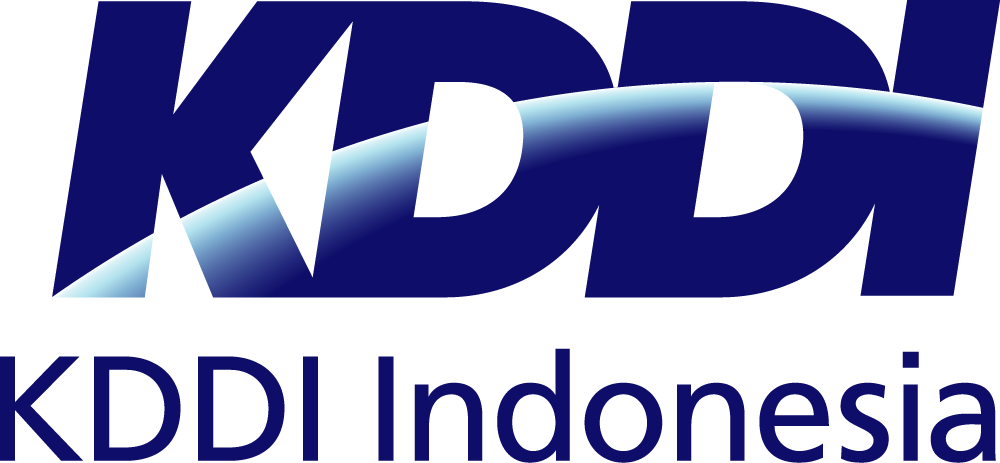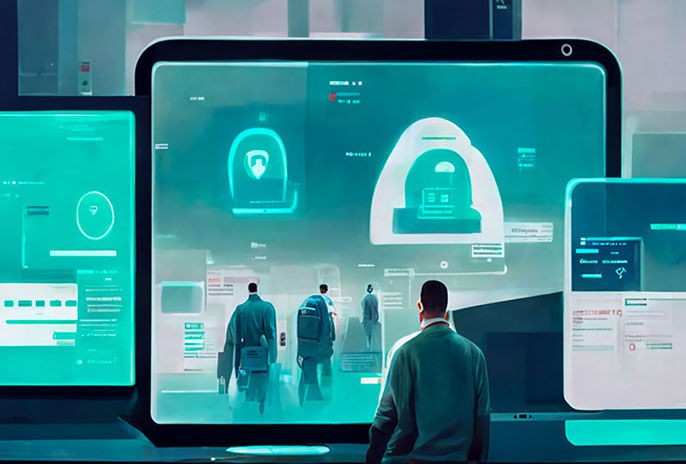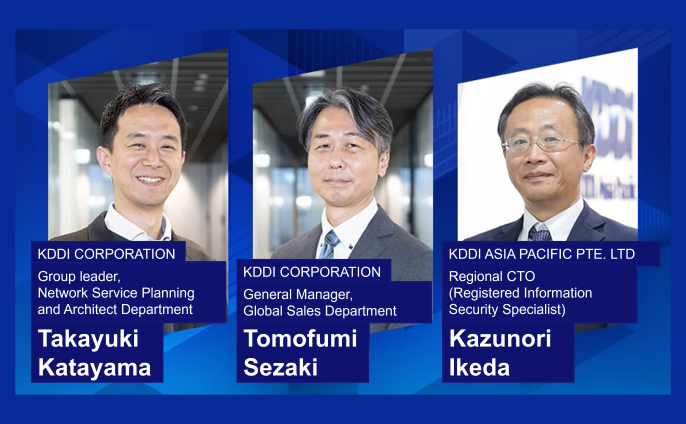Sezaki: The level of issues varies by customer. Some customers know the current state of their information systems and are thinking about what to do, while some companies have done nothing at all.
When evaluating what action to take, we need to accurately grasp the customer’s current situation, as well as their problems. Two survey methods play a key role in doing this.
The first is an IT environment survey. We actually visit the customer’s office and check their system configuration at the site.
If we just interview their overseas locations from Japan and check documents on the desk, it is often difficult to ascertain one another’s intent and we may not sufficiently understand the current state of their system, so it is important to actually visit the site and see it in person.
The other one is security assessment. The approach of assessing a client’s security through questions about appropriate security frameworks and guidelines enables us to survey the site’s security level.
By combining these surveys, we can clearly visualize what is happening at each.
We use security improvement guidelines such as the NIST Cyber Security Framework to propose how security measures can be enhanced at overseas locations.
The existing situation is arranged into categories such as strategies, organization, accounts, infrastructures, data, networks, and monitoring of operations. We then identify problems and evaluate measures for the five functions of “identification,” “defense,” “detection,” “response” and “recovery.”
As far as actual steps are concerned, we decide which measures to prioritize based on the customer’s management policies and budget, and create a step-by-step response roadmap. Then we run the cyber security framework cycle to continuously improve the security level.






























